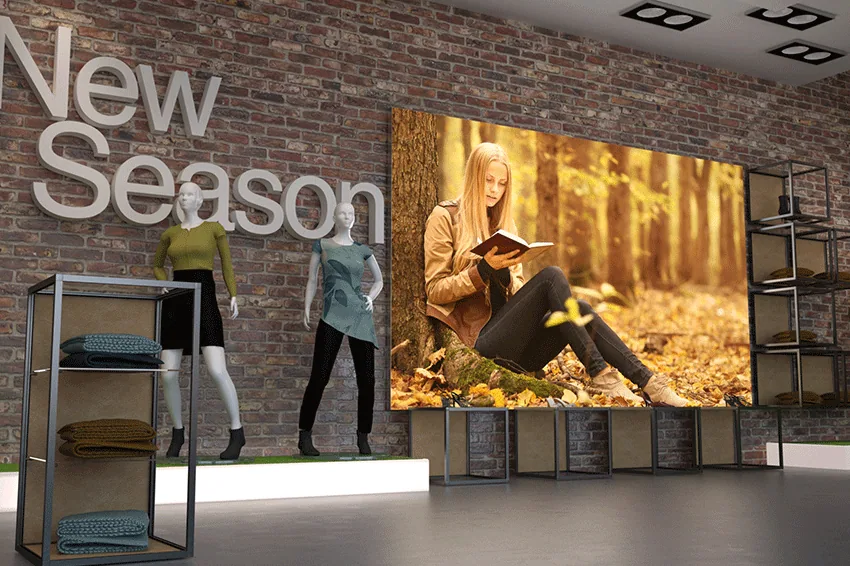The choice between recycled and virgin paper presents a complex dilemma for modern offices. Recycled paper reduces environmental impact, promoting sustainability while maintaining acceptable quality standards. Conversely, virgin paper boasts superior print quality and a refined appearance, but at considerable ecological costs. Understanding these nuances is essential for businesses aiming to align their operational choices with environmental values. What factors should one consider when prioritizing quality against sustainability? The answer may reshape office practices considerably.
Key Takeaways
- Recycled paper reduces environmental impact by conserving resources and minimizing landfill waste compared to virgin paper sourced from newly harvested trees.
- Virgin paper offers superior print quality and consistency, making it ideal for high-end applications like corporate reports and premium stationery.
- Choosing recycled paper fosters community commitment to sustainability and supports the recycling industry, promoting eco-friendly practices in the workplace.
- While recycled paper can vary in strength, it meets quality standards comparable to virgin paper, making it suitable for most office needs.
- Informed choices between recycled and virgin paper reflect corporate values, balancing aesthetic presentation with environmental responsibility.
The Environmental Impact of Paper Production
While the demand for paper continues to rise, the environmental impact of paper production remains a critical concern. The choice between recycled and virgin paper plays a pivotal role in this discourse. Virgin paper, sourced from fresh trees, necessitates significant deforestation, energy consumption, and water usage, exacerbating ecological degradation. In contrast, recycled paper utilizes existing materials, reducing the need for new resources and minimizing waste. Understanding the difference between recycled and virgin paper is essential for individuals and organizations aiming for sustainability. By opting for recycled options, consumers can actively contribute to preserving forests and mitigating pollution. This collective effort fosters a sense of belonging within a community committed to environmental stewardship, encouraging responsible consumption and promoting a healthier planet for future generations.
Defining Recycled Paper and Its Benefits
Recycled paper, produced from post-consumer waste or leftover paper products, represents a sustainable alternative to virgin paper. This type of paper not only reduces the demand for new raw materials but also minimizes landfill waste, contributing to an eco-friendly office environment. By choosing recycled paper, businesses can actively participate in resource conservation while supporting the recycling industry. In addition, recycled paper often meets or exceeds quality standards comparable to virgin paper, ensuring that organizations do not compromise on performance. Embracing recycled options fosters a sense of community and belonging among environmentally conscious consumers, encouraging a collective effort towards sustainability. Ultimately, understanding the difference between recycled and virgin paper empowers individuals and organizations to make informed choices that reflect their values.
Understanding Virgin Paper and Its Uses
Virgin paper, derived from newly harvested trees, represents a traditional choice in the paper industry. Its production often involves high-quality fibers, resulting in a smooth texture and pristine appearance, making it particularly suitable for high-end applications such as corporate reports, brochures, and premium stationery. Organizations seeking to convey professionalism and attention to detail may favor virgin paper to enhance their brand image. In addition, its consistent performance in printers and copiers guarantees reliability in daily office tasks. While the environmental implications of using virgin paper are significant, understanding its uses helps businesses navigate the complex landscape of sustainable choices. Ultimately, recognizing the difference between recycled and virgin paper empowers companies to make informed decisions that align with their values and operational needs.

Comparing Quality and Performance: Recycled vs. Virgin Paper
When evaluating the quality and performance of paper options, an essential distinction emerges between recycled and virgin paper. Recycled paper often showcases commendable qualities, making it a viable choice for many applications. Key factors to weigh include:
- Print Quality: Virgin paper typically offers superior print clarity and color vibrancy, ideal for high-quality marketing materials.
- Durability: Virgin paper tends to be more robust, while recycled paper can vary in strength based on the recycling process.
- Environmental Impact: Although virgin paper may have a lower environmental footprint in some contexts, recycled paper considerably reduces waste and promotes sustainability.
In understanding the difference between recycled or virgin paper, businesses can make informed choices that align with their values and operational needs.
Making an Informed Choice for Your Office Needs
Choosing the right type of paper for office needs involves careful consideration of various factors beyond just quality and performance. The difference between recycled and virgin paper markedly impacts environmental sustainability, costs, and corporate responsibility. Recycled paper reduces waste and conserves resources, aligning with a growing commitment to eco-friendly practices. Conversely, virgin paper often boasts superior printing quality, appealing to businesses prioritizing aesthetic presentation. Organizations must weigh these attributes against their values and operational goals. Ultimately, an informed choice fosters a strong sense of community within the workplace, reinforcing a collective commitment to responsible consumption. By understanding the implications of their paper choices, offices can cultivate both an environmentally responsible and productive environment, enhancing their overall corporate identity.
Frequently Asked Questions
Can Recycled Paper Be Used for High-Quality Printing?
Recycled paper can indeed achieve high-quality printing results when produced with advanced technology. Its performance often rivals virgin paper, appealing to environmentally conscious consumers who value sustainable choices without sacrificing print quality or aesthetic appeal.
Is There a Price Difference Between Recycled and Virgin Paper?
The price difference between recycled and virgin paper often reflects production costs and environmental considerations. While recycled options may be slightly higher, their sustainability benefits resonate with environmentally conscious consumers, fostering a sense of belonging in eco-friendly communities.
How Can I Identify Recycled Paper Products?
Identifying recycled paper products involves examining packaging for recycling logos, certifications, and labels indicating post-consumer content. Consumers are encouraged to seek these identifiable features to support environmentally responsible choices and foster sustainable practices in their communities.
Does Recycled Paper Have a Shorter Shelf Life?
Recycled paper generally does not have a markedly shorter shelf life compared to virgin paper. Factors such as storage conditions and paper quality play a more vital role in determining longevity than the recycled nature itself.
Are There Specific Uses Where Virgin Paper Is Preferred?
Certain applications, such as high-quality printing and packaging, often favor virgin paper due to its superior strength and aesthetic qualities. This preference highlights the balance between environmental responsibility and the demands of professional presentation.
Conclusion
In conclusion, the decision between recycled and virgin paper extends beyond mere preference for aesthetics. Businesses must consider the environmental implications of their choices, recognizing that recycled paper not only alleviates landfill burdens but also supports sustainability efforts. While virgin paper may deliver superior print quality, the ecological benefits of recycled options present a compelling case for their use in everyday office needs. Ultimately, aligning paper choices with corporate values fosters a responsible and forward-thinking workplace.
You May Also Like To Read:





